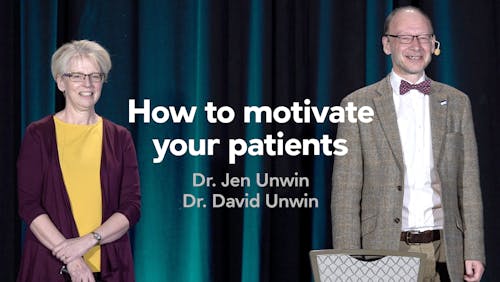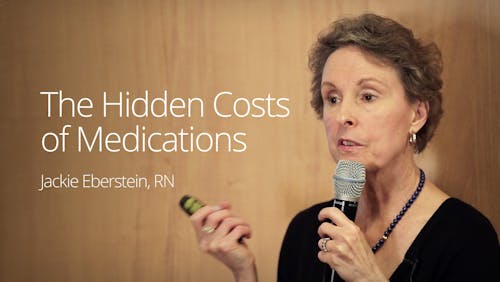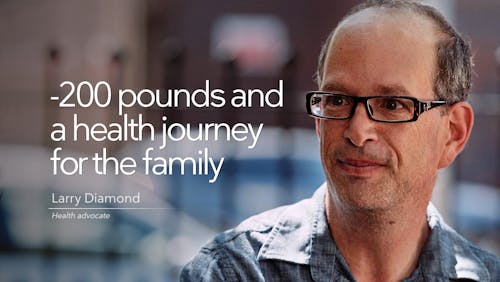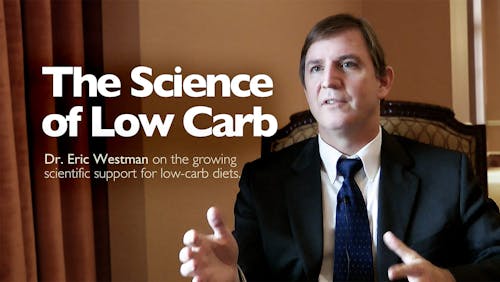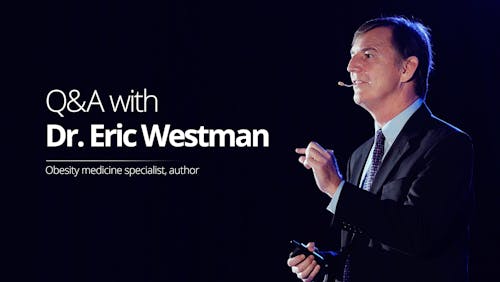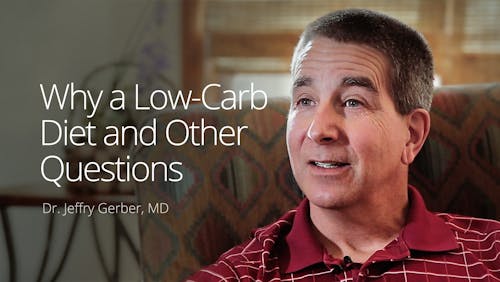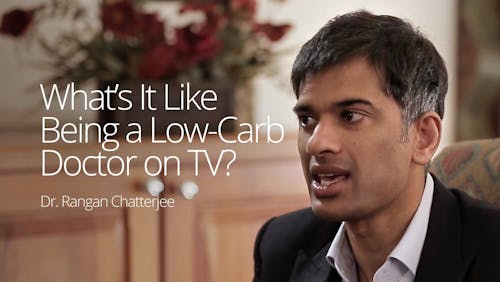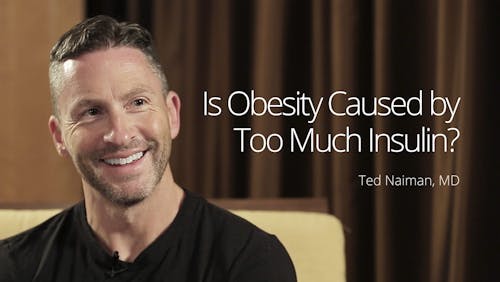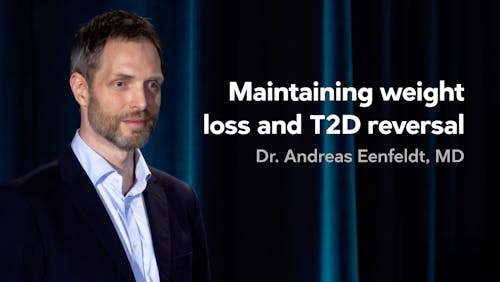Late dinner is worse for your health

You’ve undoubtedly heard it many times by now. What you eat matters, and so does when you eat.
We’ve written many articles about the rising popularity of intermittent fasting and time restricted eating in addition to our evidence-based guides on the topics.
Now, a new study suggests that eating dinner later is worse for your health than eating it earlier.
Twenty healthy volunteers lived in an enclosed ward for two nights. On the first night, they all ate at the same time. Then, on the second night, they were randomly assigned to either eat dinner at 6 pm and a small snack at 10 pm, or to eat a small snack at 6 pm and a larger dinner at 2200. Both groups had breakfast the next day at 8 am.
Three weeks later, they came back for the same protocol but with the other meal sequence.
Of note, their dinner was 50% carbs, 35% fat, and 15% protein.
One question the researchers had was if meal timing would affect sleep patterns, but this did not appear to be the case. Both groups slept similarly.
The late-dinner group did, however, see a significant blood sugar increase with a higher peak of 150mg/dl — as opposed to 127mg/dl for the earlier dinner group. Additionally, the late group saw their blood sugar stay elevated four hours longer!
Although both groups woke up with similar blood sugar readings, the late dinner group had a significantly higher glucose rise after breakfast compared to the early dinner group. This is a very interesting finding as it suggests sustained insulin resistance after a late meal.
The late dinner group also saw a greater rise in triglycerides, a type of fat (lipid) found in your blood. They also saw increases in the stress hormone cortisol, and they had reduced fatty acid oxidation.
Based on this protocol and this dietary make up, it is clear that a later meal has more detrimental health effects. I suspect the difference would have been even greater if the early dinner group did not have a late night snack, and instead had a longer fasting window.
But would the same results apply to different situations? I am curious what the differences would be if the subjects ate low-carb meals, which would naturally elicit a smaller glucose rise, or if they had time to adapt to a late meal (i.e. if this is how they ate all the time). I also wonder if the late eaters also delayed breakfast later in the morning, or if the biggest meal was lunch with a smaller dinner at 6 pm.
But, of course, a randomized study cannot test all these different permutations. They have to focus on one question to answer it well — which this study did.
This study adds to the body of literature suggesting that if you have a choice between eating later or earlier, choose earlier. Your blood sugar and triglycerides will thank you for it.
Thanks for reading,
Bret Scher, MD FACC
Earlier
Research shows higher-protein diets increase lean muscle mass
Low-carb diet (plus whey protein) improves health markers, study shows


